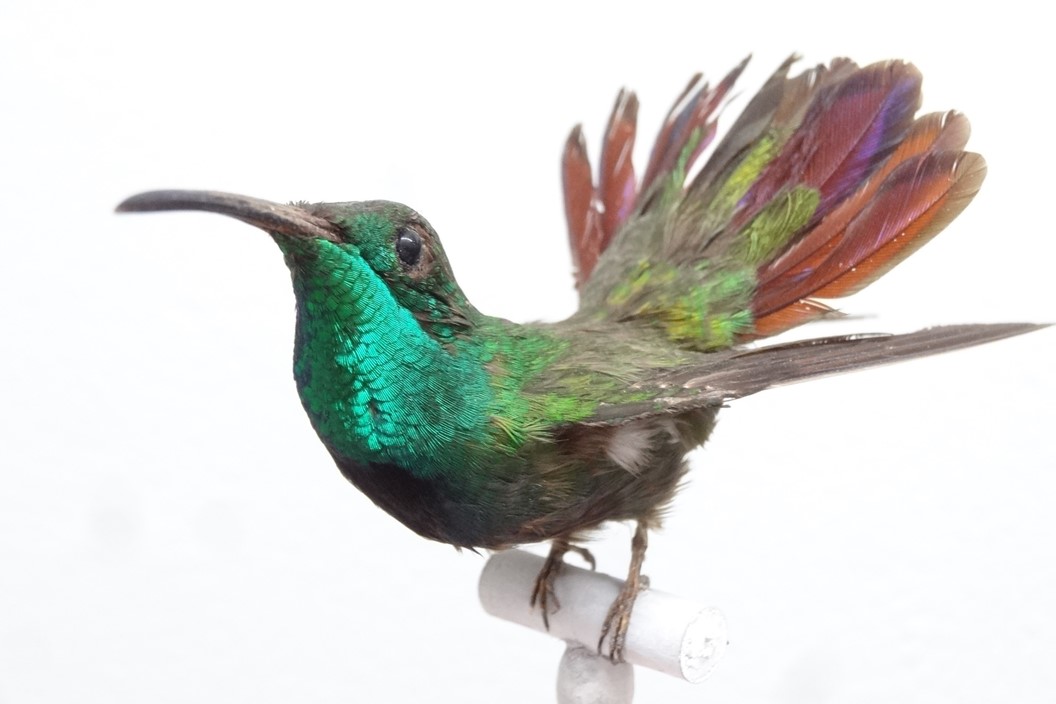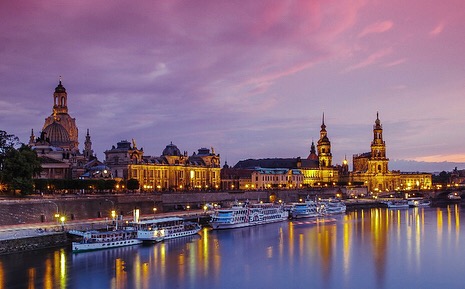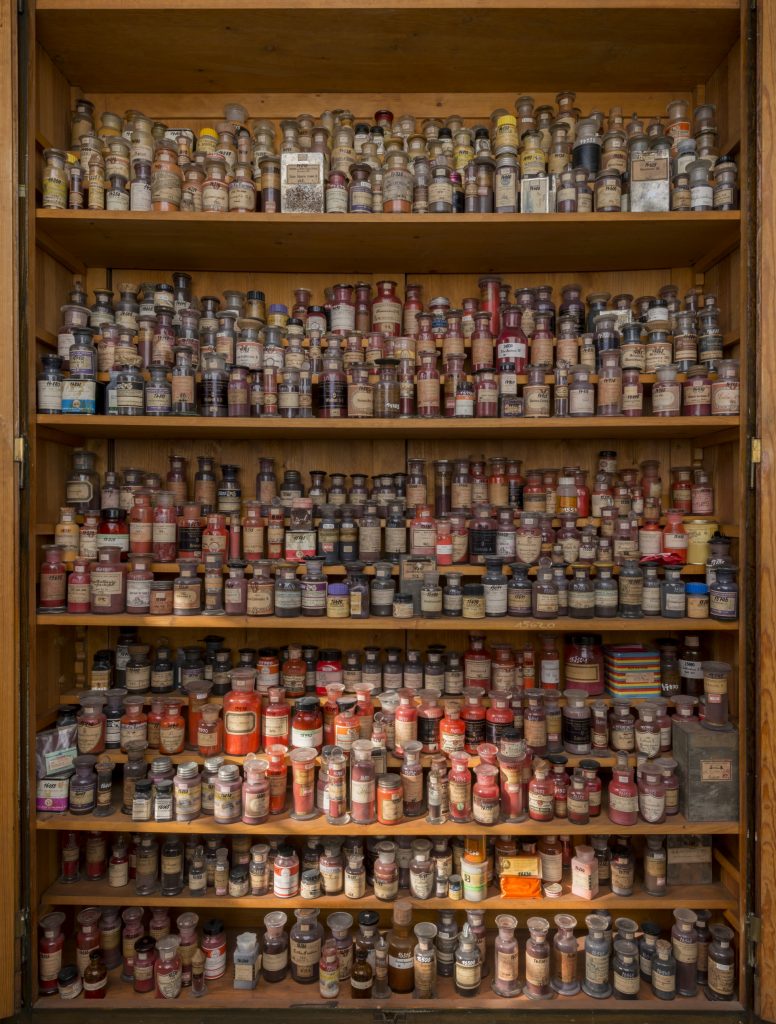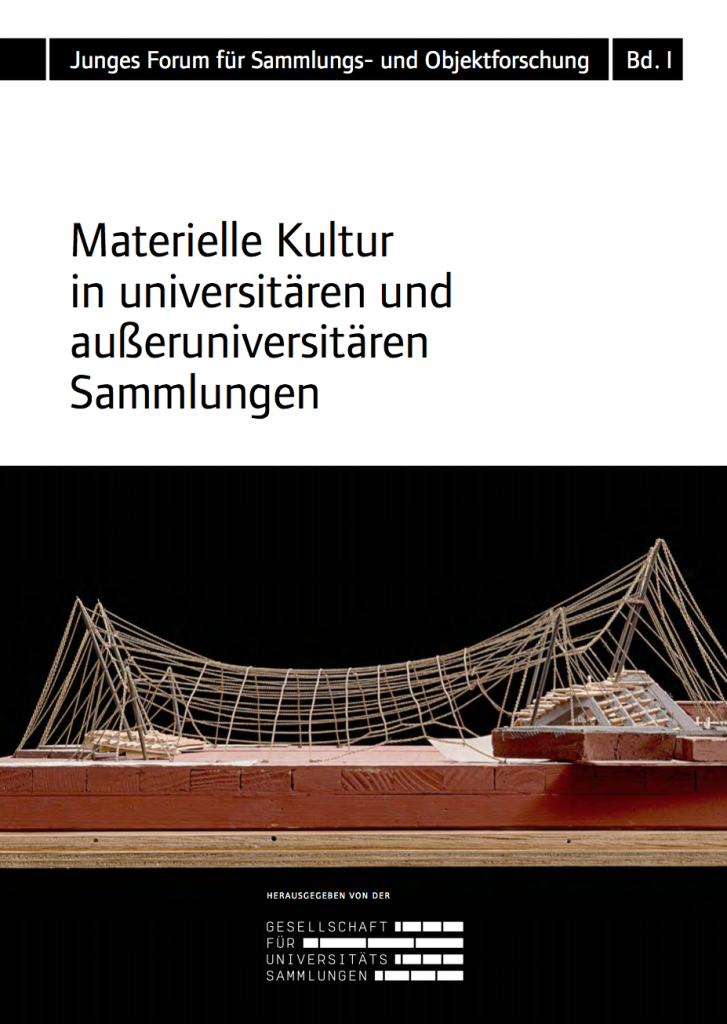Conference hosted by the University of Münster (WWU) in cooperation with the University Collections Association (GfU)
11 – 13 July 2019
CALL FOR PAPERS
Transfer is not a particularly new concept. In the past, it referred to the implementation of economically relevant or application-oriented research findings. Nowadays the term has taken on a broader meaning. In a position paper published by the Wissenschaftsrat (German Council of Science and Humanities) in 2016, “transfer” is defined as the conveyance of scientific and technological knowledge into society, culture and politics in the context of various activities.
Accordingly, the Wissenschaftsrat classifies science communication as a transfer activity and explicitly designates exhibitions as a potential transfer medium. This is by no means surprising as museums have been important institutions for the public re-presentation of scientific study and discoveries since the 19th century. However, the Wissenschaftsrat holds a critical view of the traditional concepts of popularisation and knowledge transfer because, by its nature, transfer is not one-directional, but rather a mutual relationship based on exchange and can only succeed if the content and methods correspond to the needs and expectations of the public.
The question of how to form such asymmetrical relationships has been the subject of intensive discussion at least since the literary scholar Mary Lou Pratt coined the term “contact zones” in 1991. New variants of the concept, such as “trading zones” (Galison, 1997) and “transaction spaces” (Nowotny/Scott/Gibbons, 2004), indicate that the academic community has come to a new understanding of science and its transfer relationships. Under this expanded definition of transfer, the focus has also shifted to less frequently considered aspects of university collections and the services they provide, e.g. consultation and advice, translation services and collaborative research activities.
University collections are especially conducive for testing experimental forms of object-oriented transfer. Because of their unique character, university collections can pursue very different paths than, for example, traditional museums. Collaborating with other “transfer specialists” at universities can produce promising results, be it in relation to subject-specific didactics, transfer centres or science communication departments within the faculties. With this in mind, the conference aims to highlight the performance potential of university collections for scientific transfer both within and outside the university.
At the 11th Collection Conference, hosted by the University of Münster and the University Collections Association (GfU) from 11th to 13th of July 2019, participants will discuss how and to what extent scientific collections can contribute to university transfer activities. What forms of transfer activities are conceivable? What might a successful bi- or multi-directional transfer look like? What processes of change could be set in motion by focusing on transfer in and for the collection – as well as within the university?
For the upcoming conference, we are interested in theoretical-reflective papers and praxis-based contributions. The following formats are planned:
Presentation sessions
The conference will focus on:
regarding the transfer zone COLLECTIONS | PUBLIC SPHERE
• locations and media of transfer
• mobile transfer formats
• re-presentation of pathways to knowledge
• models for bi- and multi-directional transfer
• collections and application-oriented research
regarding the transfer zone COLLECTIONS | UNIVERSITY
• collaboration with particular disciplines, science research, science communication and subject-specific didactics
• positioning collections within university transfer strategies
The length of the presentations should not exceed 20 minutes.
Workshops
The workshops should offer participants and especially the curators of university collections the opportunity to share praxis-oriented expertise and experience. Possible themes include:
• transfer formats, analogue and digital,
• new developments in provenience research and its funding
• technical and conservational issues
Further suggestions for workshops on the conference theme “transfer zones” are welcome.
Participants may also submit individual wishes for the workshop section.
The workshops can have a duration of one or two double periods.
Poster Session
A poster session will offer the possibility to present and discuss current projects and the latest research findings.
Grants
The University Collections Association (GfU) will award six grants of a max. 200 euros each to offset the cost of travel and accommodation expenses for doctoral candidates who provide a substantial contribution to the conference (presentation, workshop, poster). Please submit an informal application to the treasurer of the GfU, Prof Dr Cornelia Weber.
Conference languages are German and English.
Please send your presentation, workshop proposal (max. 1,500 characters) or poster proposal (max 750 characters) together with a short CV by email no later than March 15th, 2019 to the following address:
Dr Eckhard Kluth, Central Curator
Central Curatorial Department of the University of Münster
Email sammlungstagung@uni-muenster.de
Conference website here.



